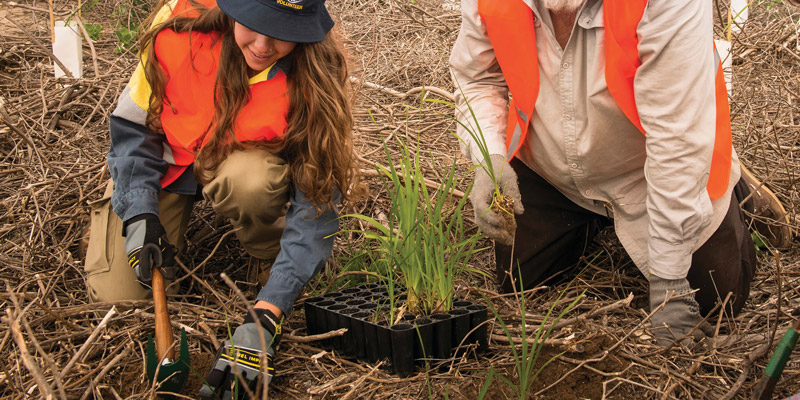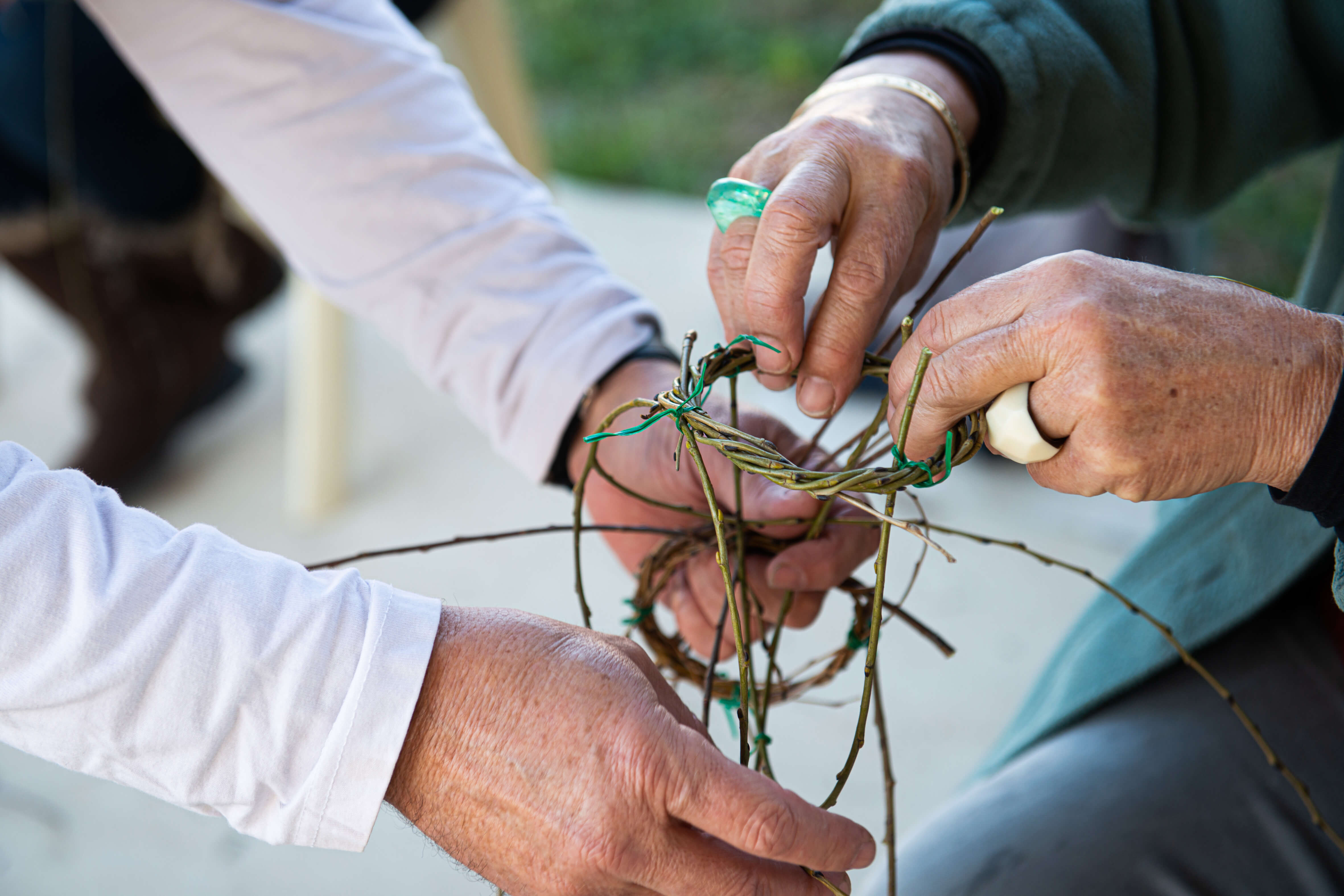Why do community groups need to adapt?
Strong community groups help build strong communities and regions, which support the wellbeing and prosperity of the people of NSW and our ability to adapt to the impacts of climate change. Community groups play a fundamental part in building the resilience of communities throughout NSW.
Resilience refers to the ability to manage shocks or stresses, and adjust to new circumstances after extreme events have occurred. Community resilience is the capacity of a community to adapt to current or future impacts, including the impacts caused by climate change.
Climate change is already impacting our natural and built environments, economy, lifestyles, and health and wellbeing. Responding to climate change involves both adapting to the change in climate that is already happening, as well as limiting future change by reducing our carbon footprint and living more sustainably. It also involves identifying vulnerable areas of the environment and community and making changes to build resilience.
Resilient communities can identify problems, establish priorities and act decisively. They can develop relationships and networks to provide a wider supportive environment and supply resources when needed.
Community groups are critical in assisting NSW communities in adapting to climate change. Community groups that can facilitate adaptation include:
- recreational groups such as soccer clubs, surf lifesaving and girl guides
- community service organisations such as St Vincent de Paul and the Red Cross
- environmental outcome groups such as tree-planting organisations, Landcare and Greening Australia.
Whether the group's purpose is recreational, community service or environmental, working towards a common goal creates effective networks bound together with a strong sense of place and identity, social cohesion and wellbeing – all of these are needed for resilient communities.
Community groups can take the lead in building awareness and driving behaviour change in their communities. Through their connections and social networks, community groups can educate and drive participation in adapting to the impacts of climate change.




